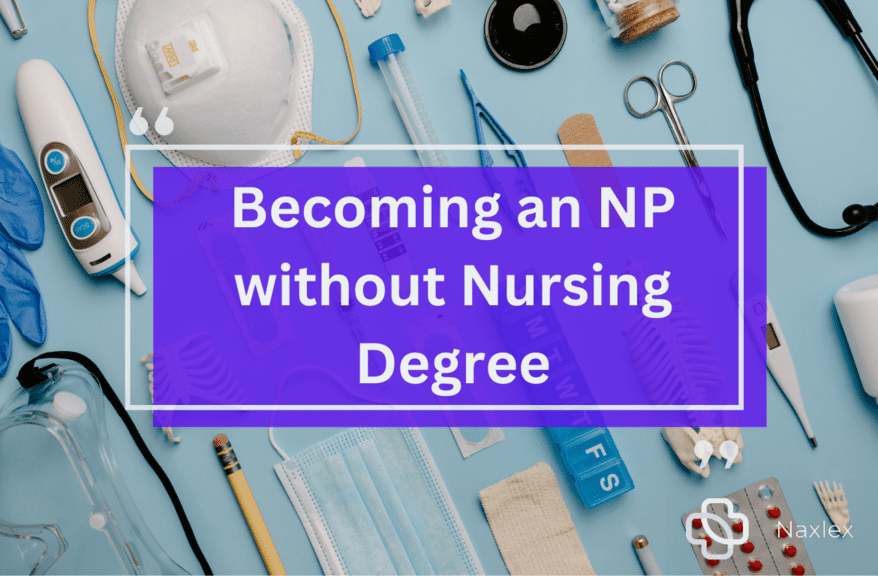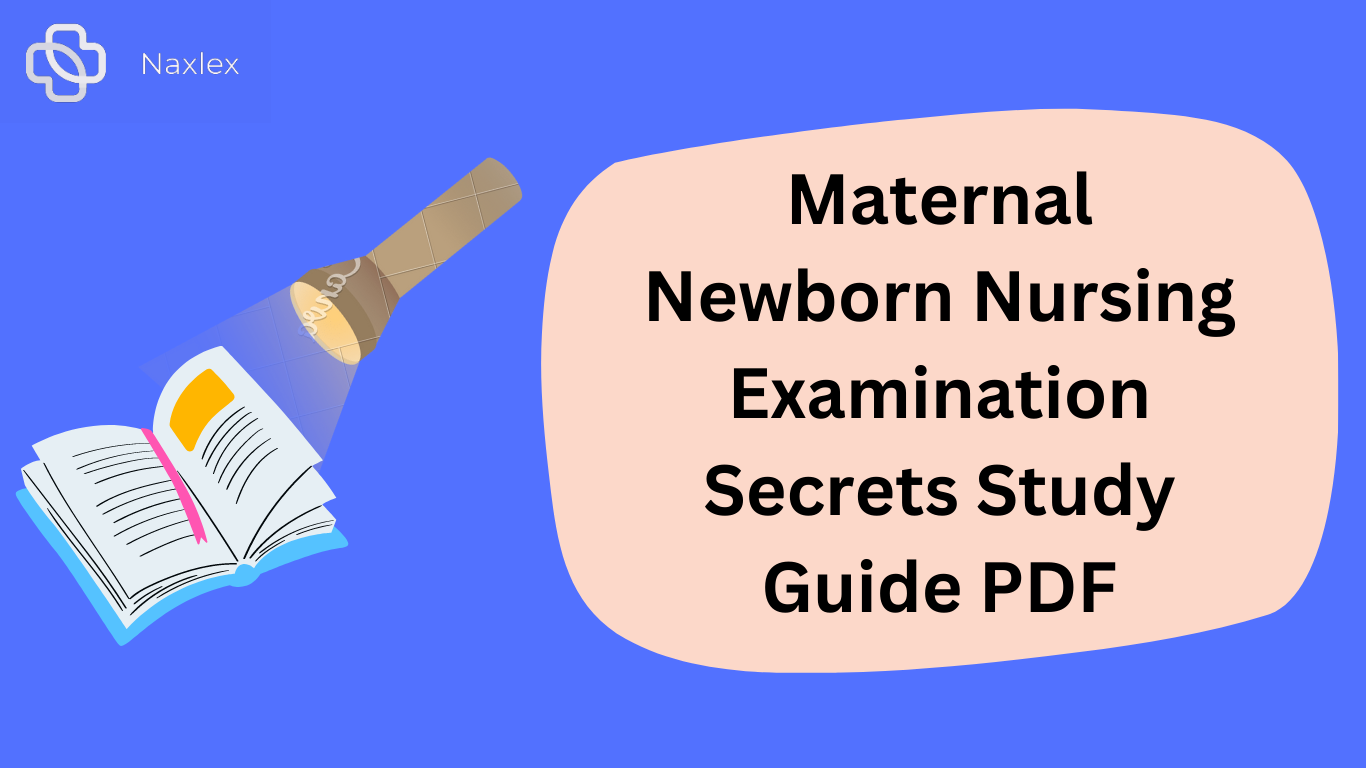Are you wondering how to become a Nursing Practitioner(NP) without a Bachelor of Science in Nursing(BSN) Degree? There is a way to become a nurse practitioner and change the lives of those in need. Your work as a nurse practitioner is to help patients, guide them, treat and support them. This blog will unfold how to become an NP without a BSN degree. Read on.
Naxlex Nursing is a dedicated website that provides students with top-notch nursing-related prep resources, including the nurse practitioner exams. With years of experience, we’ve helped millions of nurses in exam preparation, from entrance to nursing practitioner exam preparation. Try Naxlex nursing for NCLEX practice tests, flashcards, study guides and live tutoring lessons and pass your exams with remarkable grades. We also offer free practice tests to help you evaluate our practice tests’ value before purchasing. Contact us to learn more.
Who is a Nurse Practitioner?

Nurse Practitioners (NP) possess a Master of Science in Nursing (MSN) degree. To be a nurse practitioner, having a Bachelor of Science in Nursing is not necessary. They are licensed registered nurses with various employment settings such as hospitals, urgent care clinics, community clinics, outpatient care centers and primary care centers.
Read: Best Nursing Schools in Georgia
Their roles can vary based on location, specialization, and personal preferences, spanning patient care to administrative and research-focused responsibilities.
N.P.s are equipped to:
- Administer prescriptions for medications.
- Advocate for disease prevention and encourage healthy lifestyles.
- Assess patients and their symptoms.
- Perform diagnostic tests.
In numerous states, N.P.s are authorized to serve as primary care providers. More than half of U.S. states grant N.P.s full practice authority, enabling them to independently treat patients, interpret diagnostic tests, and prescribe medications without physician or physician assistant supervision.
It’s predicted by the U.S. Bureau of Labor Statistics the number of N.P. positions may increase by 46% from 2019 to 2029. So, even if you don’t have a nursing background, you can advance your graduate degree and become a nursing practitioner.
How to become an NP Without Nursing a Degree or Experience?
1. Study Accelerated Nursing Programs
To become a nurse practitioner, nursing experience is typically needed. However, there are Master of Science in Nursing (MSN) options available that don’t necessitate a Bachelor of Science in Nursing (BSN) or previous nursing background. These programs, known as direct-entry MSN programs or accelerated nursing programs, are designed for individuals without prior nursing education or experience. They cater to career changers who hold a bachelor’s or master’s degree in another field but wish to enter nursing. These programs usually take approximately two to four years to finish and include foundational nursing courses.
During the MSN program, you will accumulate substantial clinical practice hours. Direct-entry MSN programs offer coursework that guides you in becoming a registered nurse (RN), obtaining licensure, and then progressing to advanced practice registered nurse (APRN) coursework.
Upon completing the program, you will likely need to gather additional clinical experience after graduation to qualify for certification as a nurse practitioner.
Also Read: How much is Pediatric Nurse Salary?
2. Gain Experience
Before enrolling in the certificate program, you must have at least one year of professional nursing experience. This duration lets you gain insights into nurses’ daily responsibilities, challenges, and tasks. During this period, you will collaborate with a team of healthcare professionals, acquiring practical experience and a broader perspective.
Once you have completed a year of professional experience, you will meet the eligibility criteria for enrolling in a certification program to become an advanced practice nurse (APRN).
While the specifics of each certificate program can vary, a typical expectation is to finish approximately 13 credits of graduate coursework, roughly equivalent to about five courses, to fulfil the certificate requirements.
Additionally, obtaining certification necessitates the completion of a preceptorship. This immersive learning opportunity involves working under the guidance of a nurse practitioner within a clinical environment.
3. Get APRN Certificate
Like how you passed the NCLEX and obtained your R.N. license through our ABSN program, you must now secure your APRN license. However, this process isn’t straightforward due to the absence of a standard for nurse practitioner licensure, despite the requirement for licensure across all 50 states.
The prerequisites for licensure vary depending on the state. In some states, you will be required to possess an APRN license; in others, you will attain an enhanced registered nurse license. Irrespective of the path, you must undertake a certification examination comprising both written and practical components. Further licensure may be necessary for specific N.P. responsibilities, such as prescribing medications, contingent on the state’s regulations.
Study: Maternal Newborn Nursing Exam Secrets Study Guide
Conclusion
Wonder no more about becoming an NP nurse without a BSN degree. Naxlex Nursing is a trusted website that equips you to face diverse nursing-related exams with courage. We offer diverse study resources like practice tests, study guides and flashcards at pocket-friendly prices. Join millions of nursing students who used our resources and excelled in their exams on their first attempt. If you want to pass your nurse practitioner exam, try Naxlex nursing today.


